The Benefits of Dealership Service Advisor Training Programs
As the automotive industry evolves, car dealerships are actively working to stay at the forefront of change in auto retail. In this pursuit, dealership training programs have emerged as a vital element in elevating dealership performance, amplifying profits, and enhancing customer satisfaction.
This blog post from DealerPRO Training delves into the significance of dealership training programs and outlines the necessary actions dealerships should take to ensure the success of their training endeavors. We’ll lead you through the process, equipping you with the necessary tools and insights to transform your dealership into a high-performing entity that excels amidst industry transformations.
Benefits of Dealership Training Programs
1. Training for Professional and Business Advancement
Effective dealership service advisor training programs should encompass an extensive array of subjects, including sales, customer service, as well as management and leadership skills. The training framework should be tailored to align with the dealership’s specific priorities, goals, and organizational ethos. For example, a dealership struggling with low customer satisfaction ratings may prioritize enhancing customer service skills, while one grappling with high employee turnover might benefit from management and leadership training to cultivate a positive workplace environment and retain valuable talent.
2. Well-Developed Programs
The pursuit of knowledge doesn’t conclude after training concludes. Dealerships can ensure their teams continue to learn by offering supplementary course certificates that align with their training paths or by providing periodic training sessions, whether on an annual or biennial basis.
Crafting and delivering personalized training initiatives necessitates a deep comprehension of the dealership’s requirements, personnel, and objectives. That’s why collaborating with a dealership training specialist can prove invaluable in evaluating training needs, creating bespoke curricula, and delivering impactful training programs that enhance performance and profitability.
3. Flexibility
To ensure dealership service advisor training programs accommodate various learning preferences and timetables, it’s essential to explore flexible learning alternatives. Effective methods for delivering training encompass in-person coaching, especially beneficial for those who learn best through hands-on experience and observing exemplary techniques. They also include online courses that offer convenience, enabling learners to progress at their individual speed.
Combining traditional in-person classroom sessions with virtual training workshops provides interactive and collaborative learning experiences.
Types of Training Programs
Finance and Insurance Department
The prosperity of a dealership hinges on the effectiveness of its Finance and Insurance (F&I) department, which plays a pivotal role in boosting sales, augmenting profitability, improving customer interactions, and ensuring compliance with dealership laws and regulations. Delivering tailored, ongoing training to finance managers can lead to enhanced performance in critical F&I metrics.
When seeking to improve your F&I performance, consider these essential areas of concentration:
1. Technology in Automotive Training
Contemporary dealership training initiatives make the most of technology to deliver an optimal learning journey for participants. Embracing innovative learning tools and platforms empowers dealerships to deliver personalized training that is adaptable, immersive, and highly efficient for all individuals.
This method delivers learning outcomes based on performance, enabling team members to swiftly acquire new skills and stay current with the latest developments in the automotive sector.
2. Gathering Customer Insights and Assessing Needs
In the F&I process, customer interviews hold a fundamental role and are a cornerstone of a successful F&I training regimen. The most effective sales training methods encompass the psychology of salesmanship, instructing F&I managers in the art of posing pertinent questions, practicing active listening, and establishing trust with customers. Demonstrating confidence and empathy during these interviews can substantially enhance the customer journey and result in heightened sales conversion rates.
3. Thorough Understanding of Product Details
F&I managers equipped with in-depth knowledge about the features, advantages, and pricing of their offerings can effectively convey the value of these products to customers. This essential knowledge ultimately leads to greater sales of supplementary items, including vehicle finance and lease protection products, service contracts, GAP coverage, and maintenance plans.
Sales
Auto dealership training programs have the potential to exert a substantial influence, particularly in the realm of the sales process. A well-rounded training initiative enhances your sales team’s effectiveness by aligning processes and bolstering efficiency, with a specific emphasis on critical stages within the buyer’s journey.
Here’s how you can enhance your sales tactics and cultivate robust customer relationships centered on trust and transparency:
- Efficient Introduction Strategies
The initial meet-and-greet establishes the groundwork for the entire sales journey. An inviting and friendly first encounter can form a favorable initial impression, instilling a sense of comfort in your customers. Training initiatives should emphasize instructing automotive sales professionals on cultivating this atmosphere by means such as approaching customers with a warm attitude, sustaining eye contact, and extending a confident handshake.
2. Recognizing and Tending to Customer Requirements
Comprehending the needs of your customers plays a pivotal role in guiding them towards suitable vehicle, service, or financing alternatives. By investing time in familiarizing yourself with your customers and employing open-ended inquiries, you can acquire invaluable insights into their desires, financial constraints, and lifestyle. Equipped with this knowledge, you can customize your sales approach to cater to their distinct requirements, enhancing both the efficiency and personalization of the sales process and, consequently, bolstering your sales figures.
3. Adjusting to the Evolving Automotive Scene
Varied generational preferences can introduce complexities into the consumer’s path to purchase. Grasping the distinct buying habits, inclinations, and anticipations of Baby Boomers, Generation X, Millennials, and Generation Z can empower your dealership to stay flexible by customizing the sales approach to align with the customer’s individual preferences and expectations.
Service Advisors
When aiming to elevate dealership performance and profitability, service advisors hold a pivotal position. Training for service advisors should encompass areas like streamlining processes and coaching, devising profit-enhancing strategies, retaining customers, and enhancing customer satisfaction index (CSI) ratings.
Here’s how you can enhance the performance of your service advisors:
1. Strategies for Increasing Profit
Generating profit is a fundamental element of the service advisor’s responsibilities. Provide training to your advisors on the art of suggesting and promoting supplementary services, with an emphasis on the value these services bring to the customer. By highlighting the long-term advantages of routine maintenance, service contracts, and other available options, your advisors can build customer confidence, generate extra revenue for your dealership, and enhance metrics such as the effective labor rate (ELR) within your service department.
2. Methods for Customer Loyalty
Service advisors who cultivate robust connections with customers and deliver outstanding experiences tend to streamline service processes and encourage repeat patronage. It’s possible to train service advisors in optimal techniques for retaining customers, including post-visit follow-ups, seeking feedback, and promptly resolving any concerns or issues.
3. Streamlining Processes and Providing Guidance
To facilitate the success of your service advisors, it’s crucial to establish a clear and enduring process that delineates each facet of the customer interaction. This process should encompass everything, starting from the initial greeting and vehicle intake to presenting recommendations and concluding the sale. Regular coaching sessions conducted by professionals can play a significant role in emphasizing the significance of adhering to these processes and how they align with your specific business objectives.
Contact DealerPRO Training Regarding Dealership Service Advisor Training Programs Today!
At DealerPRO Training, we offer a range of dealership training programs either in-person or virtually. Enhance your dealership team’s skills through our training programs today. Contact us now for more information about our dealership service advisor training programs!




